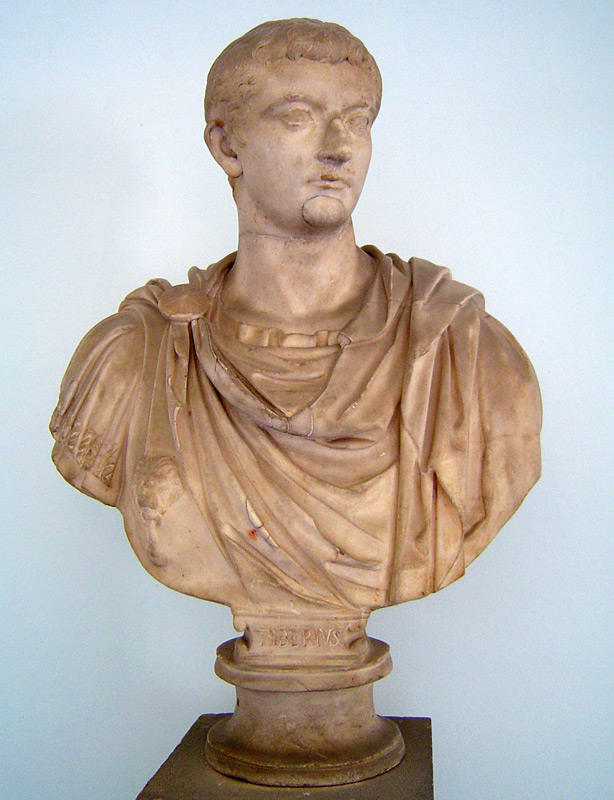„Weh mir, ich glaube, ich habe mich beschissen.“
Letzte Worte, 54 n. Chr, in der "Verkürbissung" von Seneca d.J., deshalb unglaubwürdig
Original lat.: "Vae me, puto, concacavi me."
